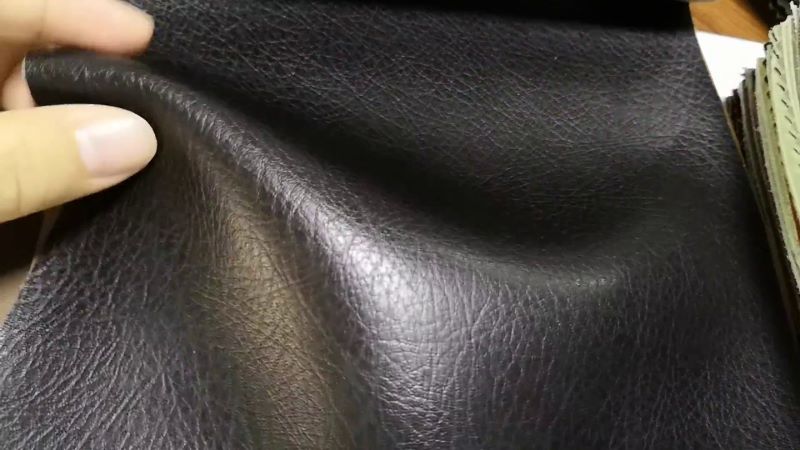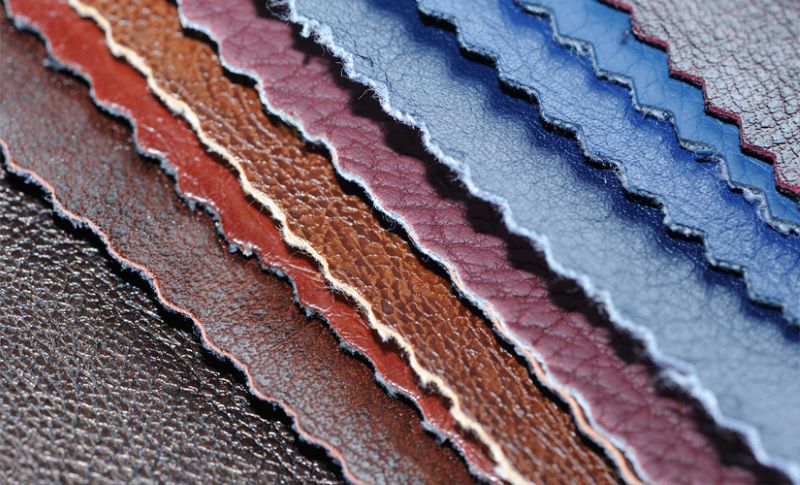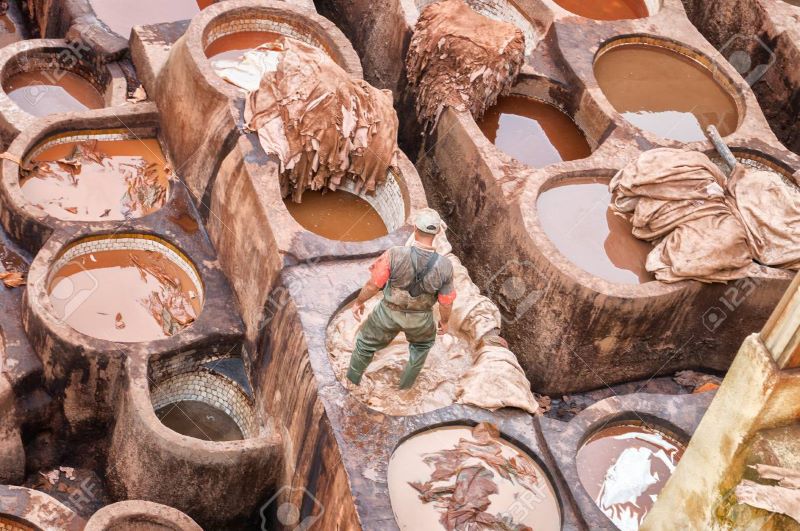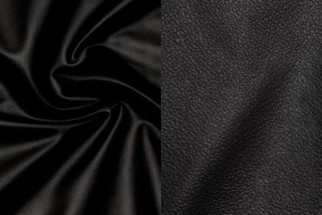Posted by Stephen Mbugua on 17th Mar 2020
Real Leather Vs Vegan/Faux Leather
Real Leather Vs Vegan/Faux Leather
The leather look and feel are the main advantages of going for genuine leather. Known for its long lasting and hard wearing qualities, real leather has been the choice for durable products for centuries. Some may say even as far back as the cavemen era. If you can’t, or don’t want to invest in a high-end leather purchase but still have the “look”, Faux leather is a suitable alternative.
Those who don’t like real animal leather, focus on the fact that from a sustainability and environmental standpoint, the impact of vegan-leather production can be up to a third lower than real leather. It would reduce our carbon footprint by over 73%.
With the increasing demand for sustainable fashion, many brands are searching for the best vegan alternatives to introduce to the market.
What is Vegan/Faux Leather

Vegan leather, also known as pleather, PU leather, faux leather, synthetic leather, or artificial leather, is a material made of plant-based (some based on natural materials and some with Pineapple leaves) or artificial material like PVC (Polyvinyl Chloride). The material is made to mimic leather from animal skins and hides. Synthetic leather and artificial leather are the commonest types of vegan leather in the market today.
Environmental impact of Vegan leather
We all know that plastic has many negative effects on the environment and an increase in greenhouse gas emissions. Vegan leather producers, particularly those who use PVC, rely on phthalate plasticizer to make the material soft and flexible. Further, PVC requires large amounts of energy and petroleum something that makes it fossil fuels reliant.
The production of PVC releases carcinogens, known as dioxins, which are harmful to both humans and animals. Even more, the dioxins remain in the environment for a long time after the production of PVC. And when the PVC finds its way to the landfills, it does not decompose and it releases chemicals into the soil and water.
Vegan leather is plastic and it will never decompose. Most plastics are made of polyethene terephthalate (PET) and are nearly impossible to decompose. No bacteria can break them down.

Environmental Impact of Real Leather

The leather manufacturing process is divided into three sub-processes: preparatory stages, tanning and crusting. All true leathers will undergo these sub-processes. A further sub-process, surface coating may be added into the sequence. The list of operations that leathers undergo vary with the type of leather.
You might ask, what is the purpose of chemicals in the tanning process? The answer is simple. Leather is organic. To prevent rotting, tanneries have to separate it from hairs. The separation of leather from hair requires chemicals. Further, they have to use chemicals for the leather preservation part.
Fortunately, some companies are working hard to save the environment. Some other companies have opted for vegetable tanning, which has existed for many centuries. Unlike chemical tanning, vegetable tanning is environmentally friendly. Vegetable-tanned leather forms a beautiful patina as it ages. Further, the leather decomposes naturally when disposed of. Vegan leather does not decompose.
Making the Choice
Real leather is durable. Therefore, real leather products will outlive those made from vegan leather. For example, real leather shoes will stay strong against any demanding work environment, meaning that they will last for many years. While real leather products are more expensive than pleather products, you will save more money in the long term because you will buy less. Buying one pair of shoes is cheaper than buying two or three pairs of synthetic leather shoes.
Unlike pleather products, real leather products are easy to clean. You only need a damp cloth to wash your leather jacket, shoes, bags, or belts. Besides, leather is breathable and it will take a short time to dry after washing it.
Moreover, natural leather smells good. That is unlikely with faux leather, which can have a chemical odor. Producers of faux leather use many types of chemicals that give the leather an odd scent.
Ultimately the decision is yours based on your preferences and needs. Here at Feather Skin we cater to both sides and will uphold an unbeatable Leather experience for our customers.
You may also like to read:
Denim vs Leather Jackets
Vintage Always Wins
How to Choose a Leather Jacket

